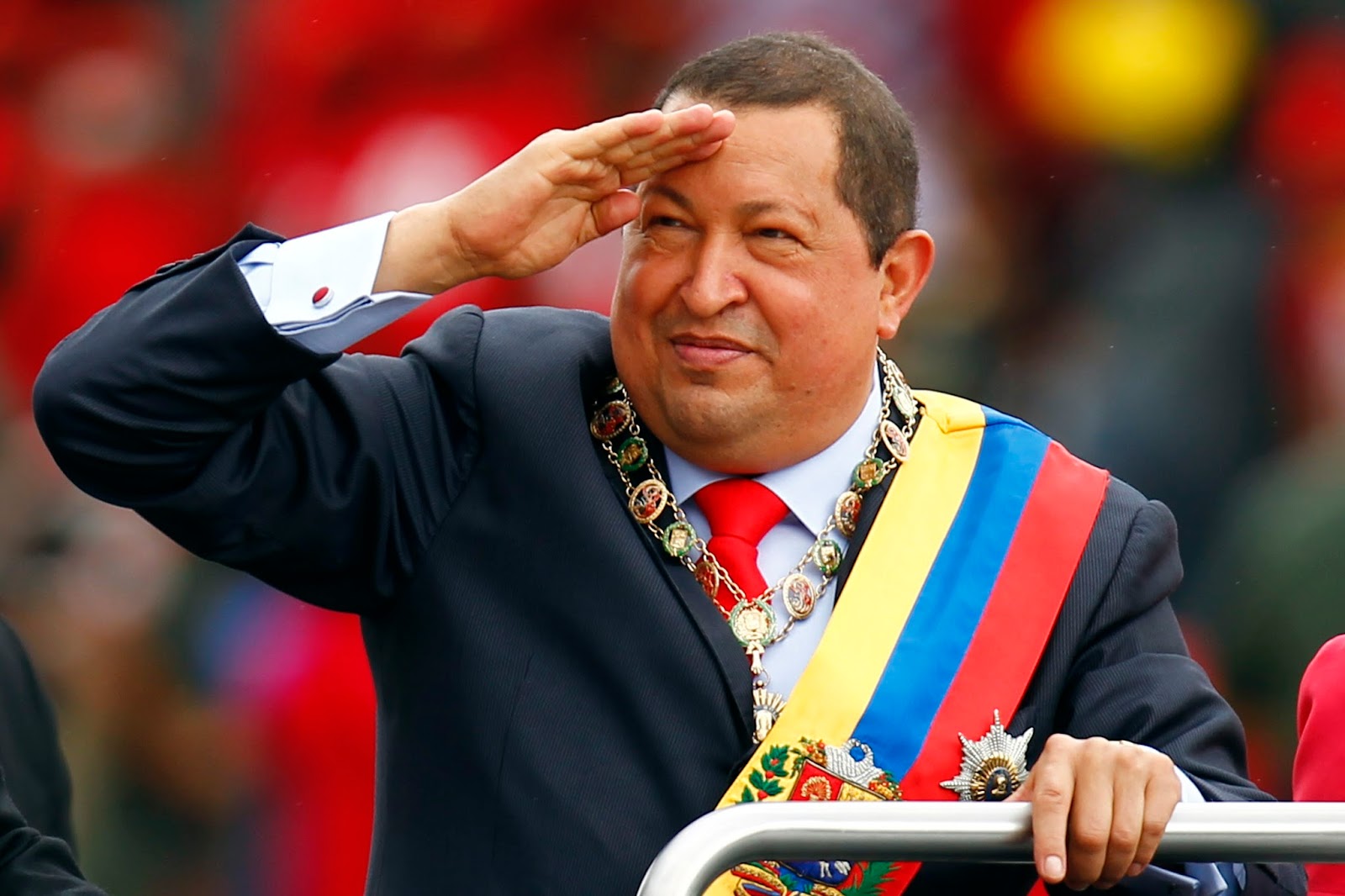Hugo Chávez was a highly influential and controversial figure in Venezuelan politics. He served as the president of Venezuela from 1999 until his death in 2013. His presidency was marked by significant reforms and intense political battles. Today, we will explore his early life, political career, and the impact he left on Venezuela and beyond.
Who Was Hugo Chávez?
Hugo Chávez attended the Venezuelan military academy and served as an army officer before participating in an effort to overthrow the government in 1992, for which he was sentenced to two years in prison. He became president of Venezuela in 1999. Early into his presidency, he created a new constitution for the country, which included changing its name to the Bolivarian Republic of Venezuela. He later focused his efforts on gaining control of the state-run oil company, which stirred controversy and led to protests, strained relations with the United States and other nations, and Chávez briefly being removed from power. His actions included selling oil to Cuba and resisting efforts to stop narcotic trafficking in Colombia. In 2006, Chávez helped create the Bolivarian Alternative for the Americas, a socialist free-trade organization.
Early Life and Failed Coup Attempt
Born Hugo Rafael Chávez Frías on July 28, 1954, in Sabaneta, Venezuela, Chávez was the son of schoolteachers. Before becoming known for his reform efforts and strong opinions as president, he attended the Venezuelan Academy of Military Sciences, where he graduated in 1975 with a degree in military arts and science. He went on to serve as an officer in an army paratrooper unit.
In 1992, Chávez, along with other disenchanted members of the military, attempted to overthrow the government of Carlos Andres Perez. The coup failed, and Chávez subsequently spent two years in prison before being pardoned. He then started the Movement of the Fifth Republic, a revolutionary political party. Chávez ran for president in 1998, campaigning against government corruption and promising economic reforms.
Venezuelan President
After taking office in 1999, Chávez set out to change the Venezuelan constitution, amending the powers of congress and the judicial system. As a part of the new constitution, the name of the country was changed to the Bolivarian Republic of Venezuela. His presidency saw numerous challenges both domestically and internationally.
In 2002, his attempts to strengthen his grip on the state-run oil company led to widespread protests and his temporary removal from power by military leaders. After returning to power, a referendum was held in August 2004, where voters decided to allow Chávez to complete his term.
Hostility Toward the U.S.
Throughout his presidency, Chávez was known for being outspoken and dogmatic. He often criticized the United States government, which he believed played a role in the failed coup against him in 2002. He also opposed the Iraq War, accusing the U.S. of abusing its military power.
Relations between the United States and Venezuela soured during his presidency, especially after Chávez sold oil to Cuba, a long-time U.S. adversary. He also resisted U.S. efforts to combat narcotics trafficking and supported guerrilla forces in neighboring countries. Despite these tensions, he did donate heating oil to help victims of disasters in the U.S.
International Collaboration
Despite strained relations with the United States, Chávez sought to strengthen ties with other nations, leveraging Venezuela's oil resources. He was instrumental in founding the Bolivarian Alternative for the Americas, a socialist free-trade organization that included leaders like Fidel Castro of Cuba and Evo Morales of Bolivia.
Chávez was also an active member of the Non-Aligned Movement, collaborating with over 100 countries, including several from Africa and Iran, promoting anti-imperialist ideals.
Declining Health and Death
Chávez discovered he had cancer in June 2011. Following multiple surgeries to treat the disease, he acknowledged the possibility of not being able to continue his presidency. In February 2012, he named Nicolás Maduro as his successor.
After a prolonged battle with cancer, Chávez passed away on March 5, 2013, at the age of 58. He was survived by his wife and five children. His body was preserved and is on display in a Caracas museum, highlighting his enduring legacy in Venezuela.
Key Takeaways
What You Will Learn
- Hugo Chávez's early life and military background shaped his political ambitions.
- His presidency was marked by significant constitutional reforms and controversial policies.
- Chávez maintained a contentious relationship with the United States and sought alliances with other nations.
- His health struggles ultimately led to his death, leaving a complex legacy in Venezuelan politics.
The Rolling Stones: A Legacy Of Music And Endurance
Martina McBride: The Inspiring Journey Of A Country Music Icon
Celebrating Carole King: The Songwriter's Journey Through Timeless Hits


